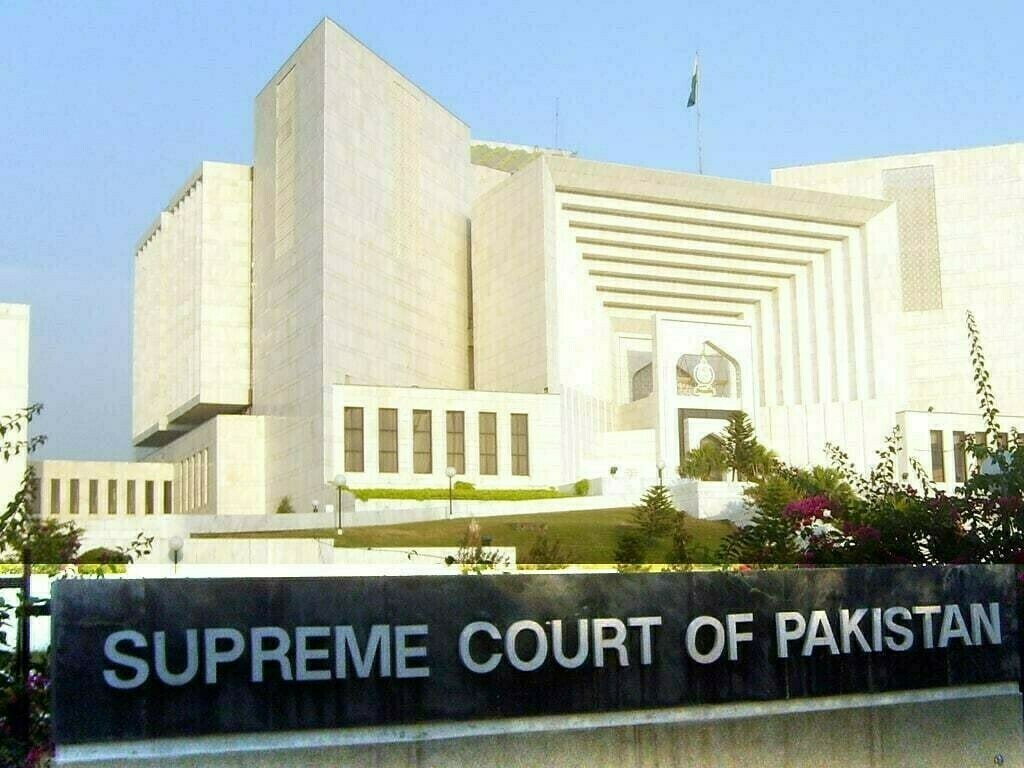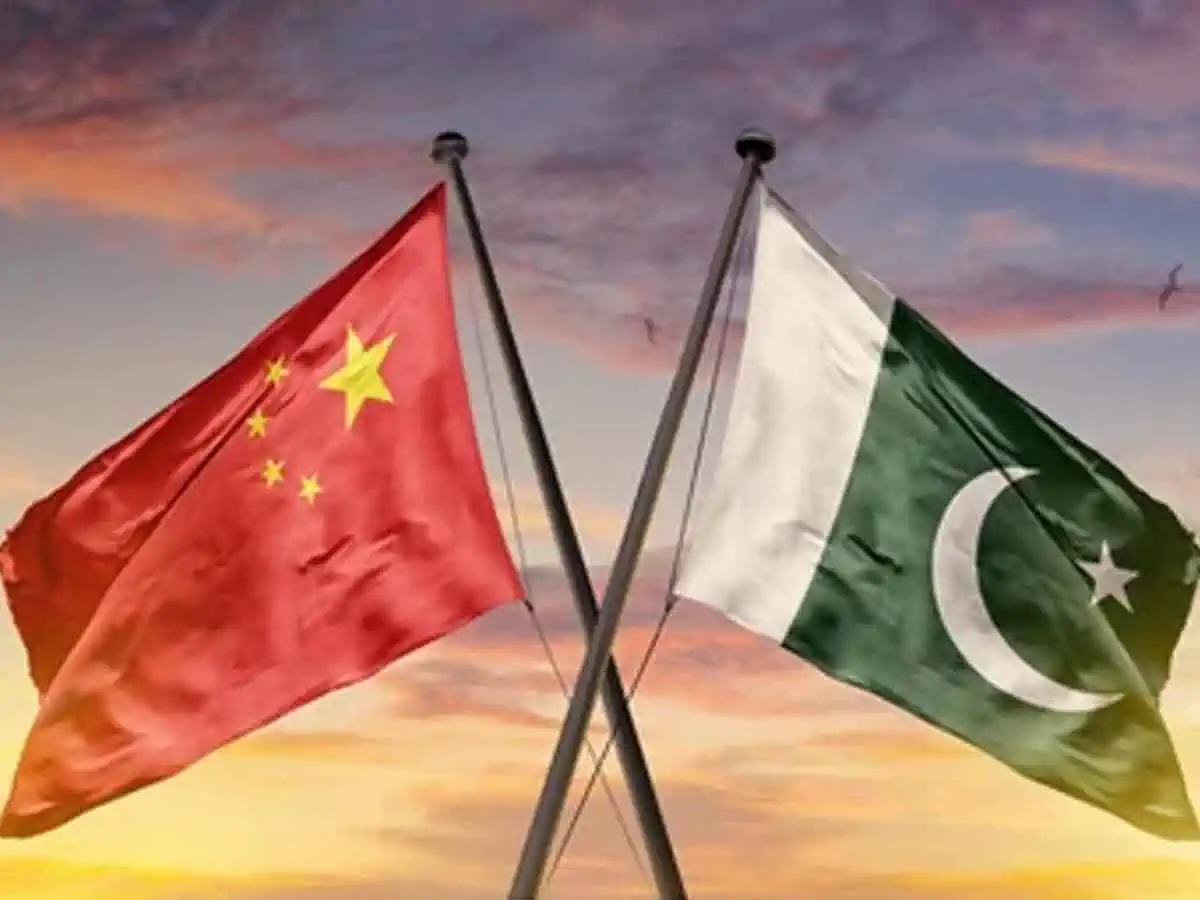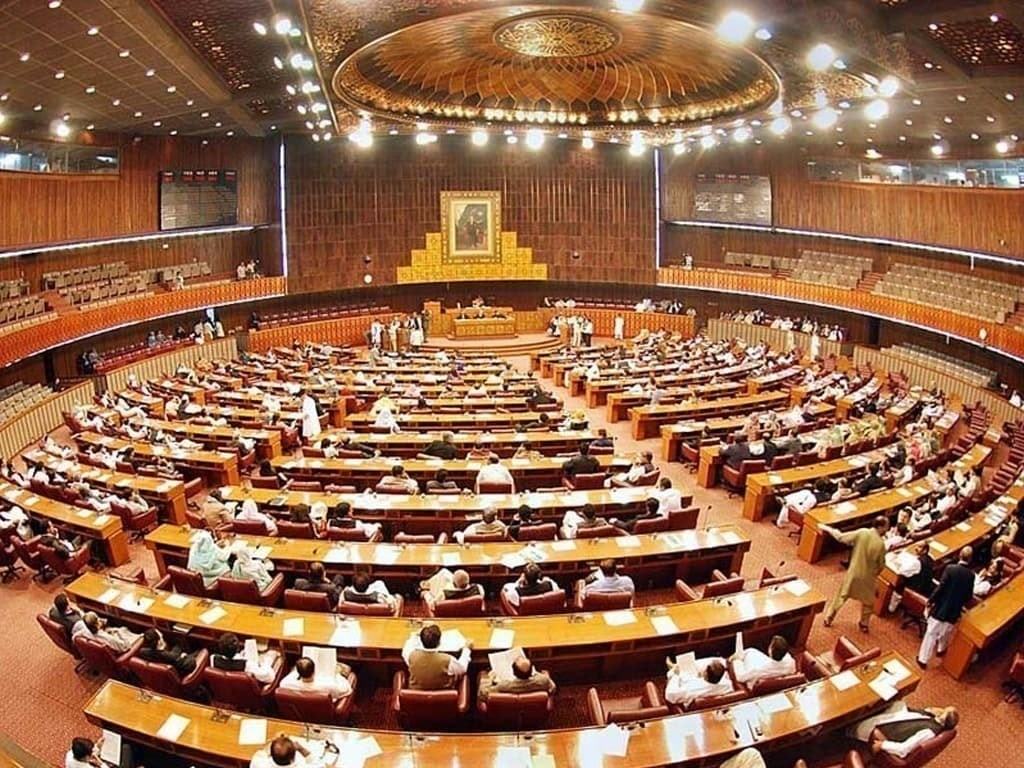Chief Justice of Pakistan (CJP) Qazi Faez Isa on Monday commented that the independents supported by the Pakistan Tehreek-e-Insaf (PTI) effectively “committed suicide” by merging with the Sunni Ittehad Council (SIC). This assertion was made during a Supreme Court session examining the SIC’s petition concerning the denial of reserved assembly seats for women and minorities.
The hearing was conducted by a full bench of the Supreme Court, comprising CJP Qazi Faez Isa and Justices Syed Mansoor Ali Shah, Munib Akhtar, Yahya Afridi, Aminuddin Khan, Mandokhail, Muhammad Ali Mazhar, Ayesha Malik, Athar Minallah, Syed Hasan Azhar Rizvi, Shahid Waheed, Irfan Saadat Khan, and Naeem Akhtar Afghan. The court resumed the case involving SIC’s plea against the Election Commission of Pakistan’s (ECP) decision to withhold reserved seats for women and non-Muslims.
During the proceedings, CJP Isa questioned Faisal Siddiqui, senior counsel representing the SIC, on why the PTI-backed independents had not joined the PTI when it was still recognized as a political party. “Didn’t you (PTI) commit suicide yourself?” the chief justice inquired, highlighting the strategic misstep.
Justice Mandokhail expressed skepticism about whether a party that did not contest elections should be allocated reserved seats over those that did. Justice Minallah pointed out that the ECP had muddled the issue by first stripping the PTI of its party symbol and then still recognizing it as an enlisted political entity. “PTI continued to exist as a political party after the decision, continues to exist today. Then why did these independents not join PTI?” he questioned, reiterating the CJP’s point.
The Election Commission of Pakistan (ECP) had earlier stated that the conditions in Article 3 of the Constitution concerning the Sunni Ittehad Council (SIC) violated Articles 17, 20, and 25 of the 1973 Constitution. As a result, the ECP argued that SIC was not entitled to any reserved seats for women and non-Muslims.
The ECP’s reply to the SIC appeal before the Supreme Court argued that there was no legal basis to leave reserved seats for women or non-Muslims vacant. According to the ECP, the Constitution and the Elections Act mandated that these seats be filled.
The SIC, now home to PTI-backed independents, faced significant challenges due to this decision. The ruling coalition, holding 224 seats in the National Assembly (NA), had a two-thirds majority in the 336-seat body. The controversial decision by the ECP in March, which awarded 21 of the 25 SIC reserved seats to the ruling coalition, faced intense public backlash. This allocation gave the Pakistan Muslim League Nawaz (PML-N) 16 seats and the Pakistan Peoples Party (PPP) five seats.
If the Supreme Court were to reallocate these seats to SIC, the ruling coalition’s strength would decrease to 203 seats, thereby losing its two-thirds majority in the National Assembly.
In March, the Election Commission had rejected SIC’s petition for reserved seats in national and provincial assemblies. The verdict, delivered by a five-member bench led by Chief Election Commissioner (CEC) Sikandar Sultan Raja, concluded with a 4-1 majority that SIC was not entitled to these seats.
The ongoing legal proceedings will determine the future distribution of reserved seats and address the broader implications of the PTI-backed independents’ political maneuvers and their alignment with SIC.




